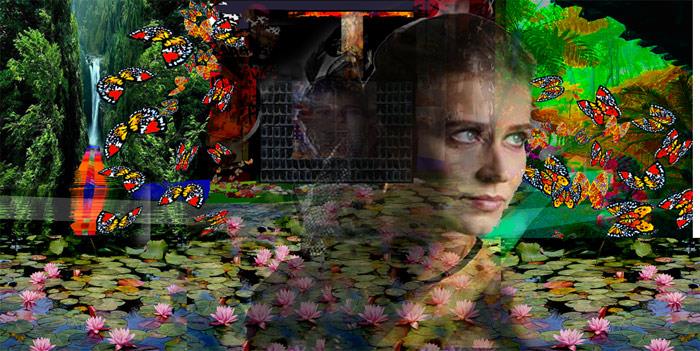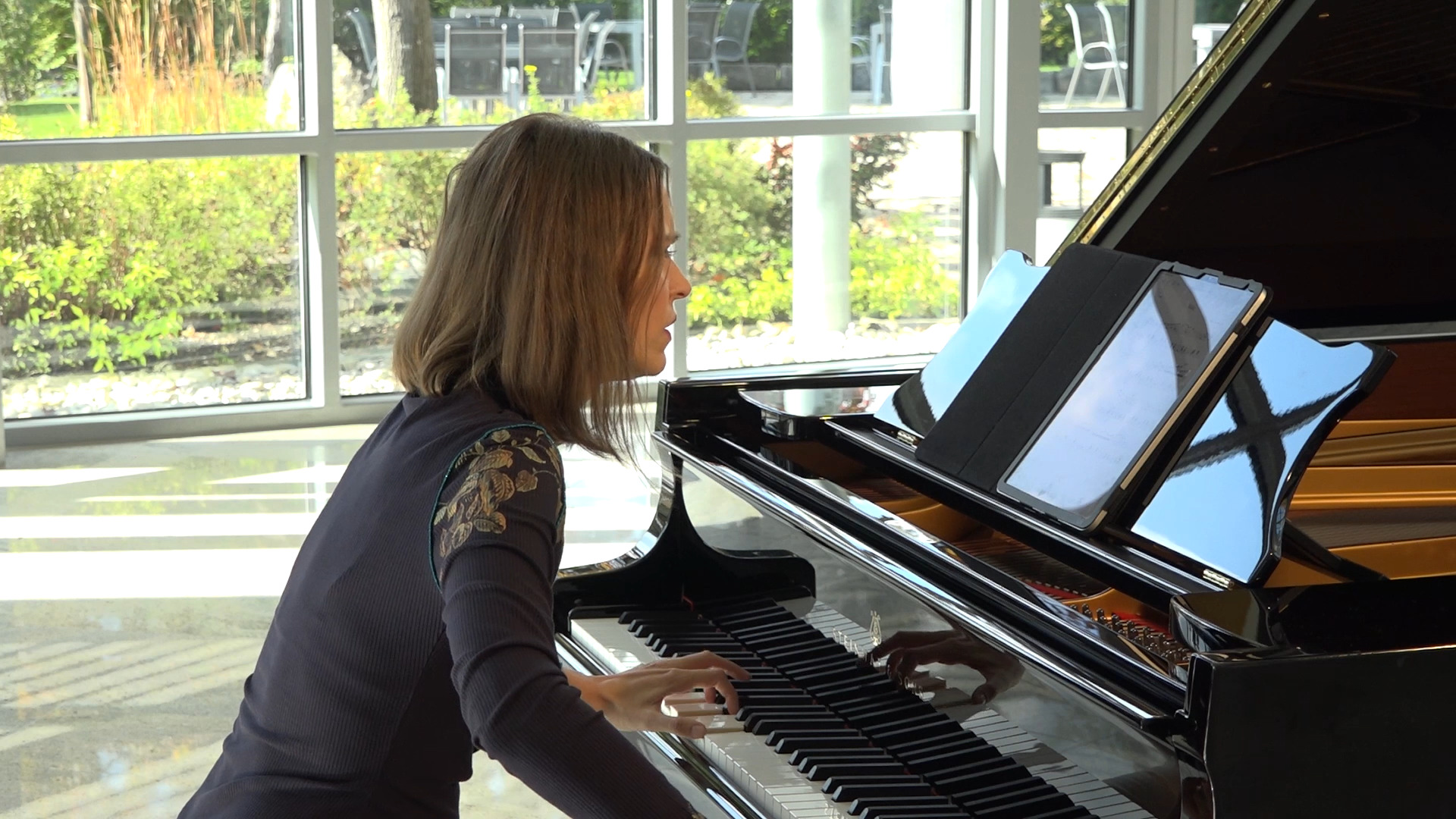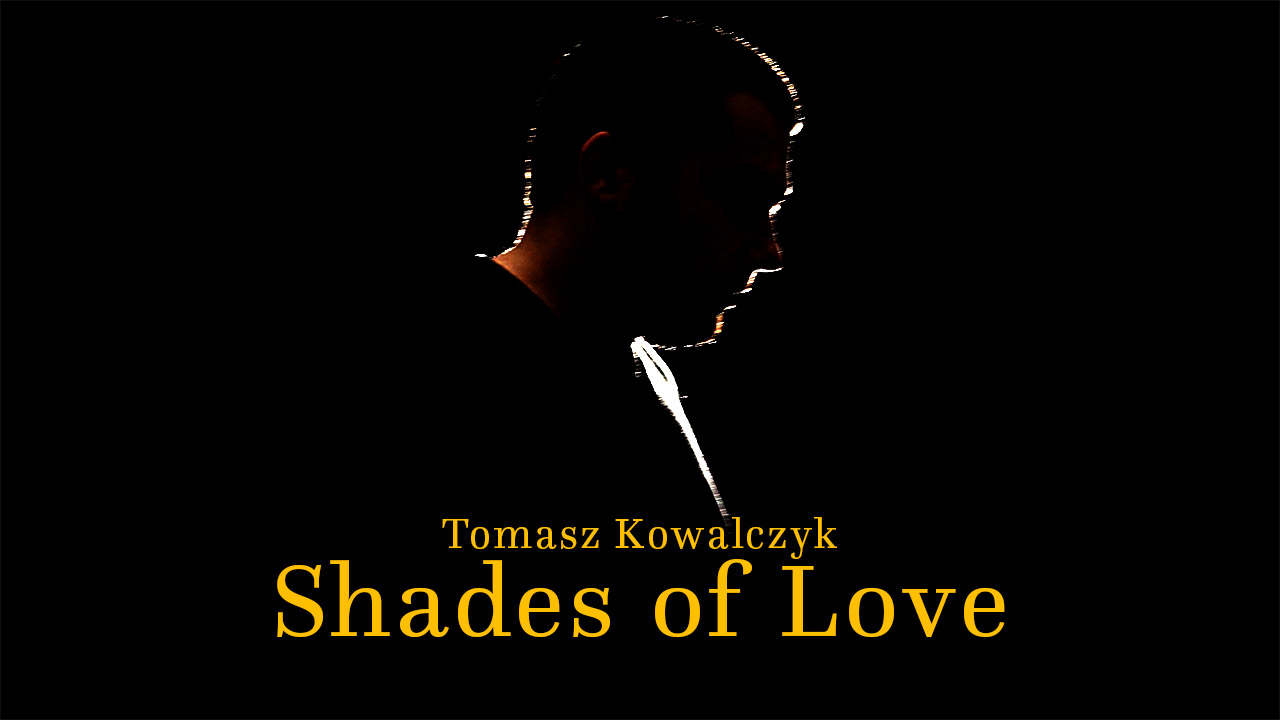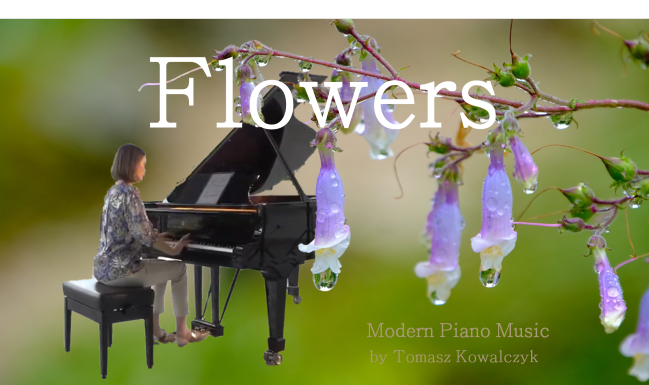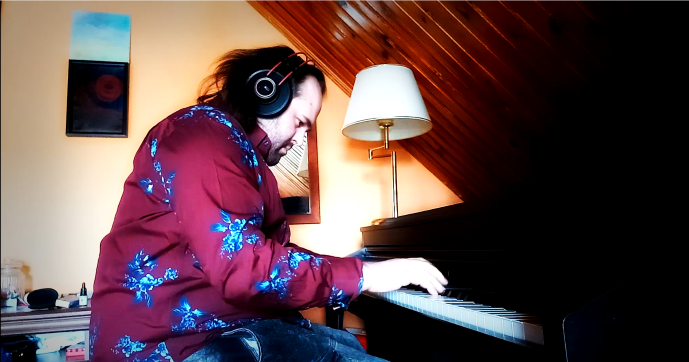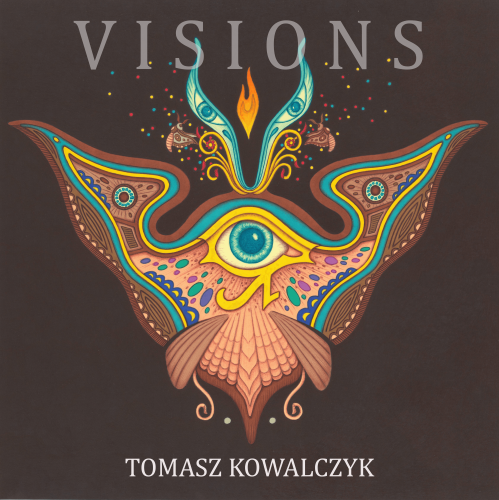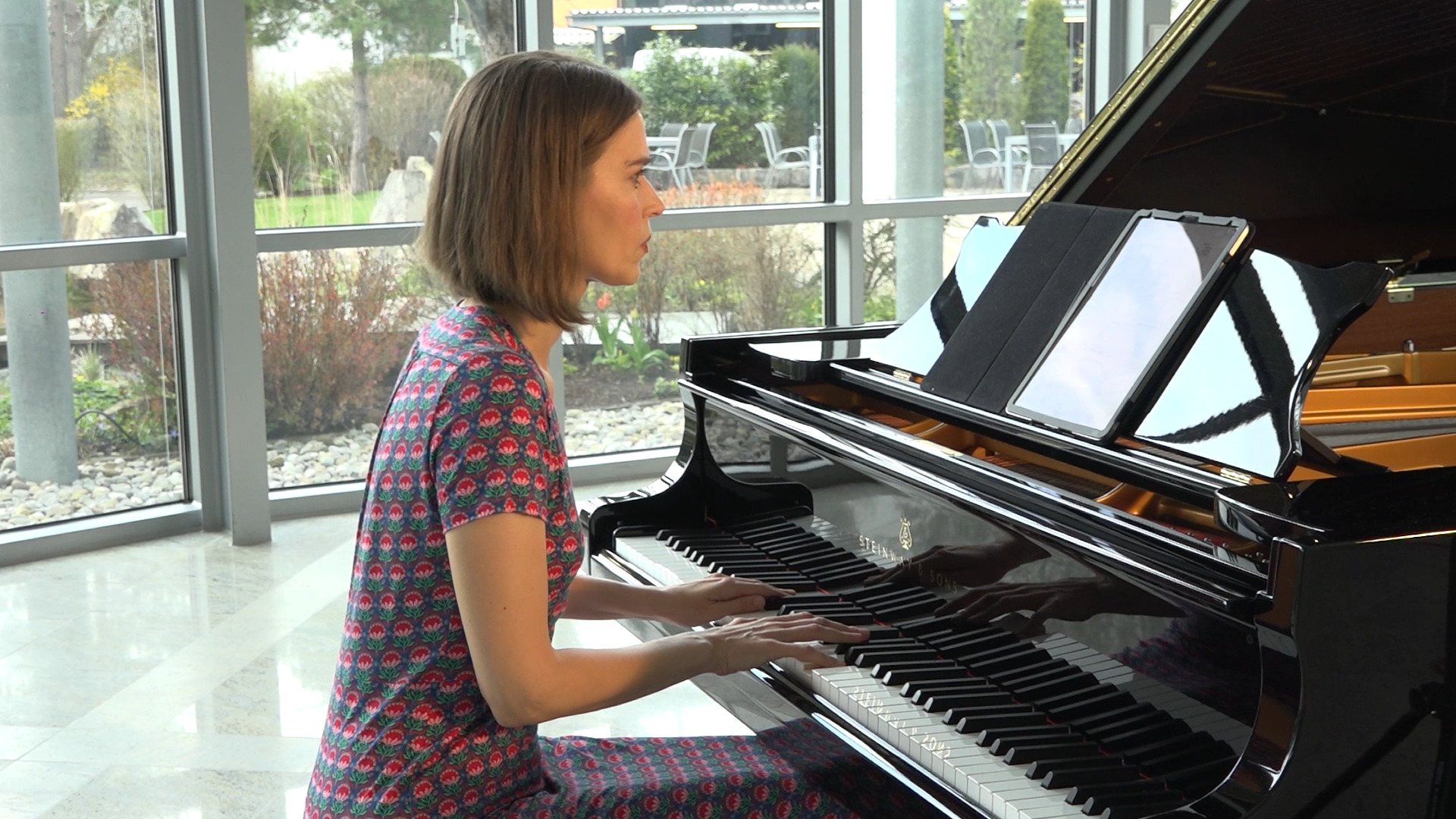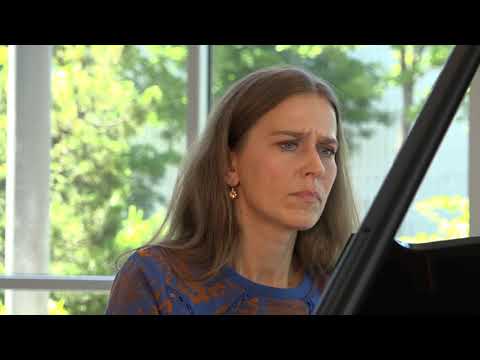About
Tomasz Kowalczyk (March 26, 1990) - composer, pianist, poet. In 2012, Tomasz graduated from the University of J.A Komeński in Leszno in the field of "Artistic education - musical art", and in 2014, the field of "Pedagogy" at the University of Humanities of Stanisław Leszczyński in Leszno. In 2018-2020, he released over 10 music albums in the field of piano, vocal and film music, which are available on streaming portals. Tomasz Kowalczyk composed songs based on poems by Jan Lechoń and other well known Polish poets. He composes vocal music for the participants and finalists of Voice of Poland or Szansa na Sukces - popular tv music programme. Tomasz made a piano tour of England's historic towns in 2016 and gave concerts in Berlin and in Polish cities, incl. Kraków, Poznań, Leszno, Kościerzyna, Rydzyna. His works have been broadcast, among others in Rmf Classic, Radio Pryzmat, Ciche Radio or Radio Guardian. Tomasz lives in Leszno, where he teaches piano and composes piano, vocal, entertainment and film music. He also accepts composing orders. Tomasz has published 4 books on art and poetry. His works are played by musicians all over the world, incl. by Anna Sutyagina, popular influencer for modern piano music
Contact via email: tomaszkowalczyk90@gmail.com

